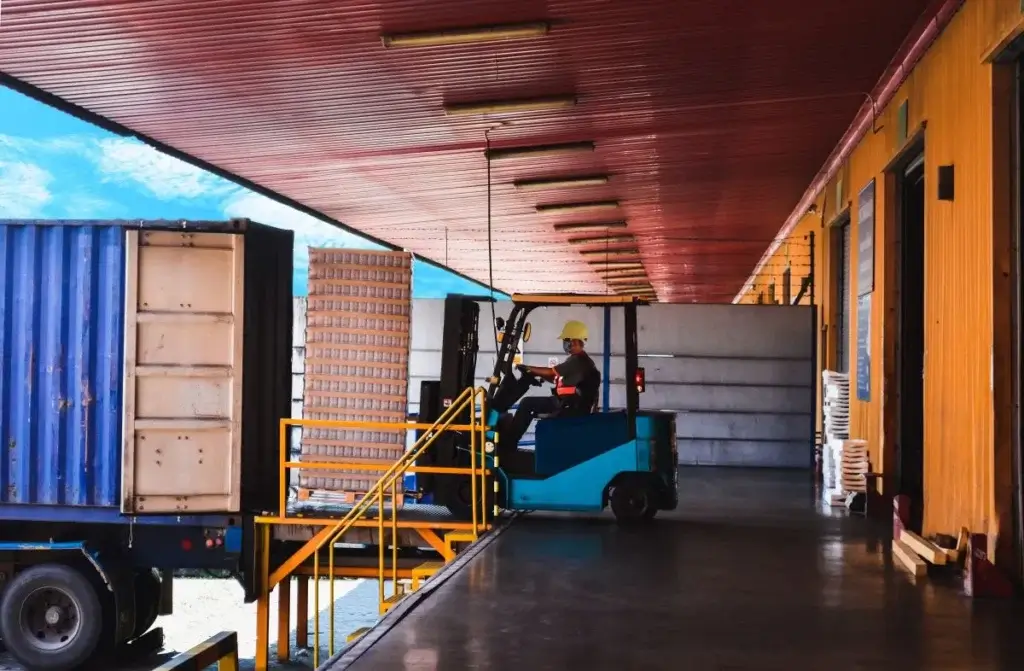The European Commission has proposed the increase of tariffs on imports into the EU of cereals, oilseeds, and derived products from Russia and Belarus, including wheat, maise, and sunflower meal. While high enough to suppress such imports into the EU in practice, these tariffs would not affect exports to third countries.
The EU’s proposed tariffs are a three-pronged attack on Russia’s war effort. Firstly, they aim to shield European farmers from a potential flood of cheap Russian grain, a concern driven by Russia’s position as a major grain exporter and its history of wielding food supplies as a political weapon.
Secondly, the tariffs target the illegal trade of Ukrainian grain stolen by Russia. The EU says some of this stolen grain has been finding its way into the EU market disguised as Russian produce. By making the trade unprofitable, the EU hopes to curb this illicit activity.
Finally, the tariffs are designed to cut off a significant revenue stream for Russia. With Russia having exported over €1.3 billion worth of grain products to the EU in 2023, the EU wants to deprive the Kremlin of funds that could be used to finance its war in Ukraine.
“We propose the imposition of tariffs on these Russian imports to mitigate the growing risk to our markets and our farmers. They will reduce Russia’s capacity to exploit the EU for the benefit of its war machine. And we maintain our commitment to preserving global food security, especially for developing countries. We are striking the right balance between supporting our economy and farming communities. At the same time, we maintain our unyielding support for Ukraine,” said European Commission President, Ursula von der Leyen.
The increased tariffs would also apply to Belarus because of the country’s close political and economic ties to Russia. Moreover, by including Belarus in the new measure, the EU will prevent Russia from using Belarus to circumvent the new tariffs and channel its goods onto the EU market.











